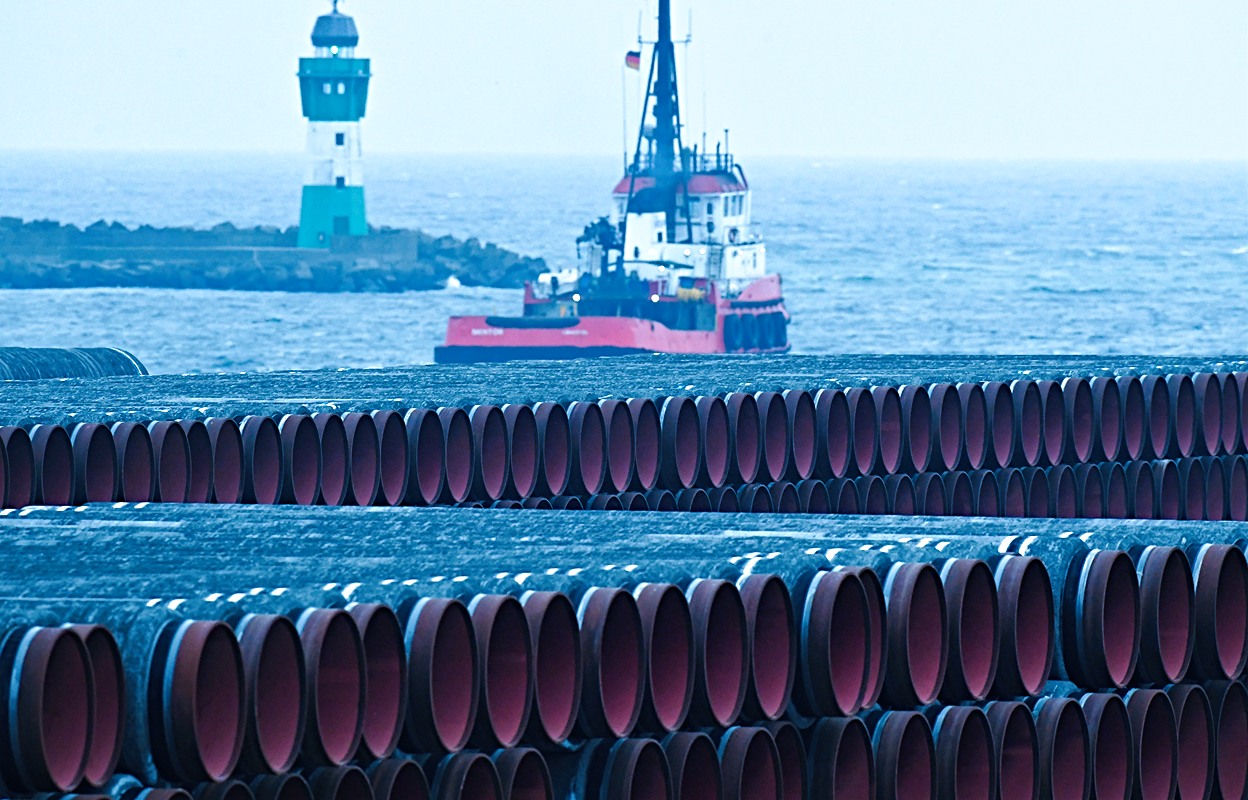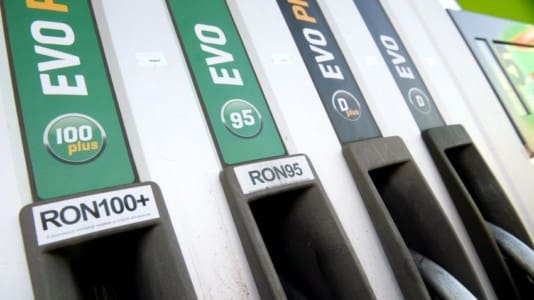European Commission President Ursula von der Leyen confirmed on Tuesday that the EU had taken extensive precautionary measures in the event of a sudden disruption to Russia’s gas supply, German news agency dpa reports.
In recent months, the European Commission has been in talks with major exporters of liquefied natural gas, such as the United States, Qatar and Egypt, to increase their deliveries to the EU, von der Leyen said.
Negotiations have also taken place with key liquefied natural gas importers, such as Japan and South Korea, to make their own orders available to the EU. The transport of liquefied gas from Qatar could be redirected to Europe instead of Japan, for example.
As a result of these efforts, the EU imported a record amount of liquefied gas in January, about 10 trillion cubic meters, von der Leyen said.
Also beneficial in the current situation, von der Leyen said, is the fact that the EU has expanded its pipeline network and increased the capacity of liquefied natural gas terminals since Russia’s annexation of the Crimean peninsula in 2014.
“Our models now show that we tend to be safe in the event of a reduction in gas supplies or a further drop in gas supplies by Gazprom,” said von der Leyen.
In the event of a complete supply disruption, however, emergency measures will have to be taken, she said. The EU is heavily dependent on Russian gas. A reduction in Russian supplies in retaliation for Western sanctions in the Ukrainian crisis could therefore severely affect member states.
The EU currently relies on gas for just under a quarter of its energy needs, and 90 percent of the Union’s gas supply now comes from Russia, von der Leyen said. About 40 percent of imports are supplied by Gazprom.
The crisis in Ukraine involves a “clear risk” of reducing Russian gas to the EU, von der Leyen said. However, she added that spring is not far away, and that rising temperatures would mean a drop in energy demand for heating.
In the case of a military aggression against Ukraine, the president of the European Commission again threatened rapid retaliation in the form of sanctions.





